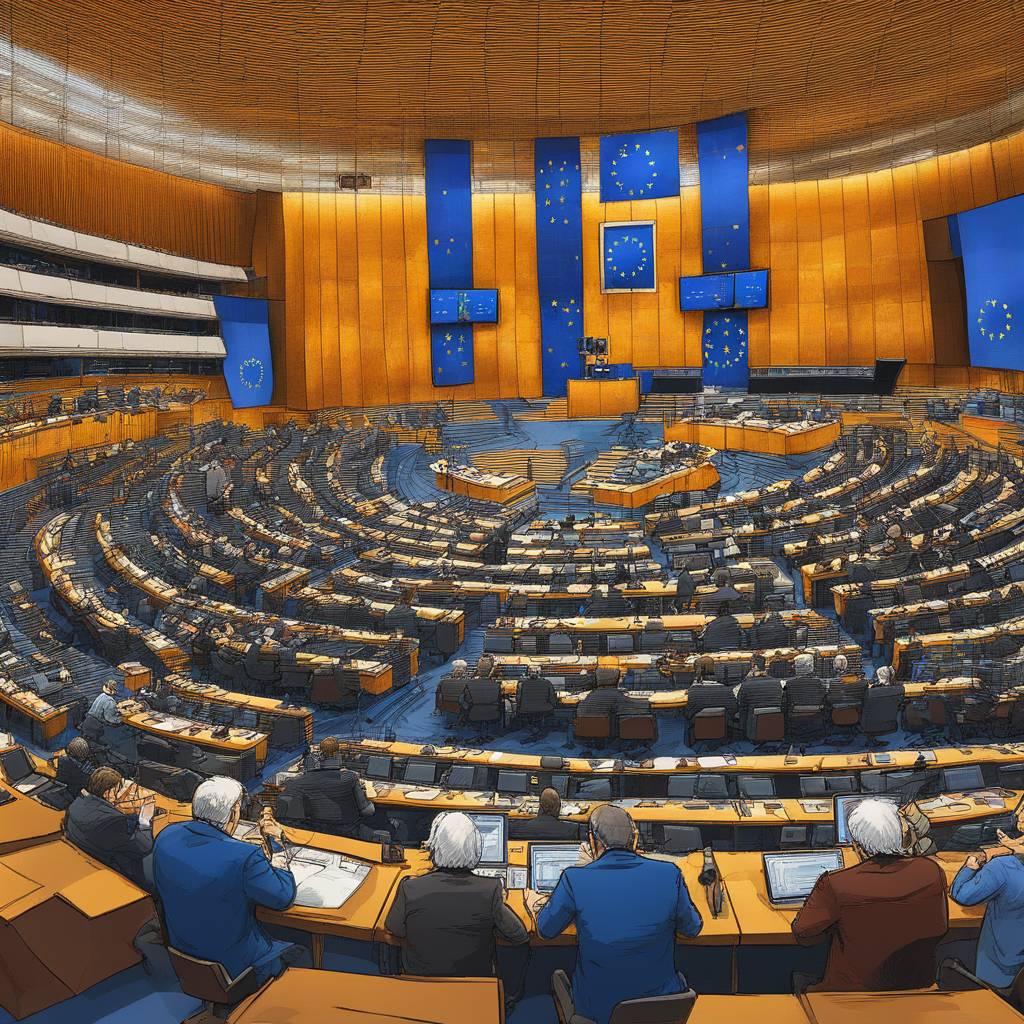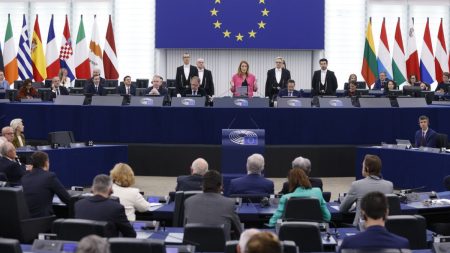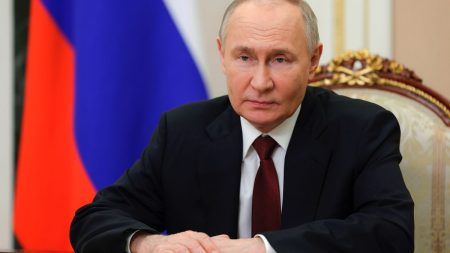The European Parliament recently approved groundbreaking new laws aimed at safeguarding the independence of newsrooms within the EU. These laws, collectively known as the Media Freedom Act, were proposed by the EU executive in September 2022. The Act garnered overwhelming support in the Parliament with 464 votes in favor, 92 against, and 65 abstentions. Among other provisions, the Act will require EU governments to protect media from interference, limit the use of spyware against journalists, and promote transparency in media ownership, funding, and state advertising. A dedicated EU body, the European Board for Media Services, will oversee the implementation of these laws. The move to introduce these laws comes in response to concerns such as disinformation, lack of media transparency, and pressures on journalists, which threaten the free press and democracy in Europe.
The implementation of the Media Freedom Act represents a significant milestone in the EU’s efforts to uphold the right to information and promote democracy within its member states. The Act is the first-ever EU regulation designed to protect press freedom and is considered a crucial element of European democracy. The President of the European Parliament, Roberta Metsola, hailed the historic adoption of the Act as a tribute to journalists like Daphne Caruana Galizia and Ján Kuciak, who lost their lives for their commitment to truth-telling. The NGO Reporters Without Borders also commended the EU’s move, describing it as a major step forward for information rights in Europe. European Commissioner for values and transparency, Věra Jourová, emphasized the Act’s message to those seeking to undermine democracy and media independence.
The lead lawmaker responsible for the Media Freedom Act, Sabine Verheyen, highlighted the importance of these laws in ensuring that media in the EU remains independent from undue influence, particularly from state authorities. While some countries in the EU, such as Ireland, Finland, and Sweden, rank highly for media independence, others, like Greece, lag behind. Verheyen emphasized that the establishment of the European Board for Media Services will help hold governments and media outlets accountable by providing independent assessments and resolving disputes. Despite efforts to ensure the Board’s independence, there were limitations due to existing legal structures.
One key aspect of the Media Freedom Act is the regulation of spyware use against journalists. While the Parliament had hoped for a full ban on spyware use targeting reporters, some member states secured an exemption allowing governments to intercept communications between journalists and their sources under certain circumstances. Verheyen clarified that spyware use will only be permitted as a last resort mechanism with a legal basis. Journalists subjected to such surveillance must be fully informed, and investigative journalism will not be restricted. MEP Sophie in ‘t Veld expressed concern over potential abuse of this exemption by governments seeking to curtail media freedom. Commissioner Jourová emphasized the need for robust enforcement and monitoring to prevent member states from infringing on media freedom.
Jourová also raised concerns about the Slovak government’s planned changes to the country’s public broadcaster, RTVS, cautioning against efforts to control the media as a means of political manipulation. It is imperative for public service media to remain independent entities that serve the public interest rather than political agendas. The Media Freedom Act will next proceed to the Council for further deliberation and formal adoption into law. The EU’s commitment to safeguarding media freedom and independence represents a crucial step towards protecting democracy, promoting transparency, and upholding the rights of journalists across Europe.















